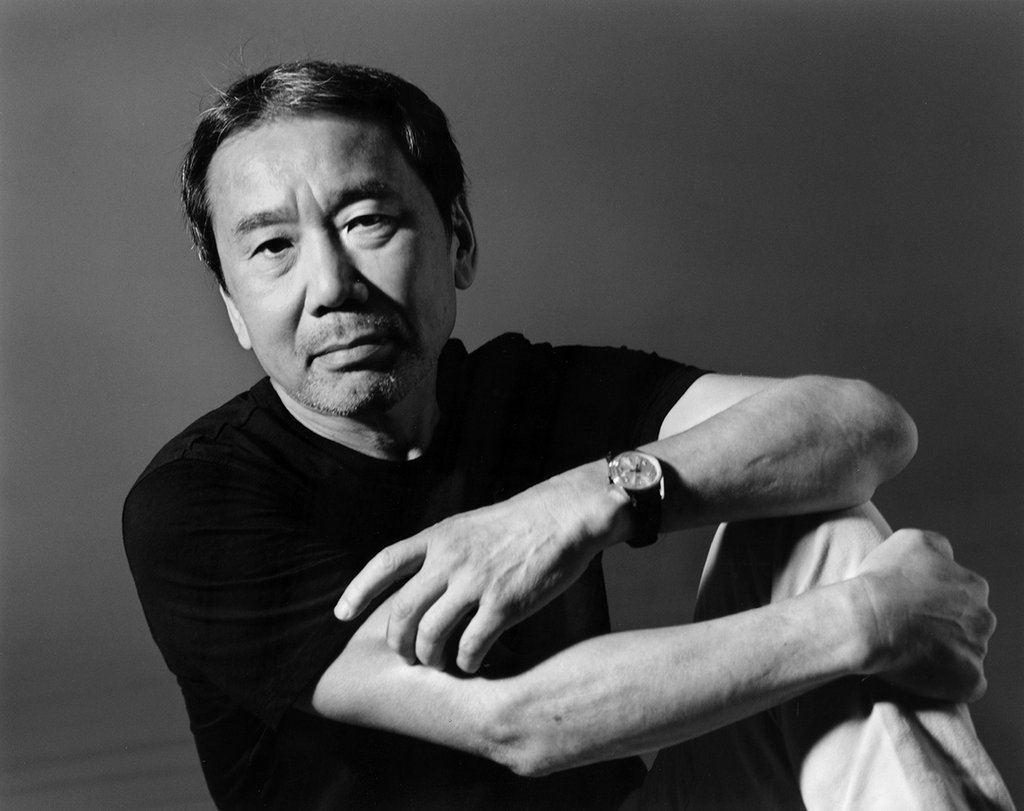Articles.

Yoko Ogawa’s Beautiful talent - The Housekeeper and the Professor
This book has changed my life in a matter of days. I still have the image of Root, a little kid being entertained by the intelligent words of the professor stuck in my mind. This book has touched my heart and the heart of many others…

The Hypnotic Prophesy by Murakami - Kafka on the Shore
This novel was an addiction since the moment I started it. I had never been so bewitched by a novel before that I had to stop reading and think about what I had just read. Not because I didn’t understand but because I could not believe the twists and turns this novel kept taking…